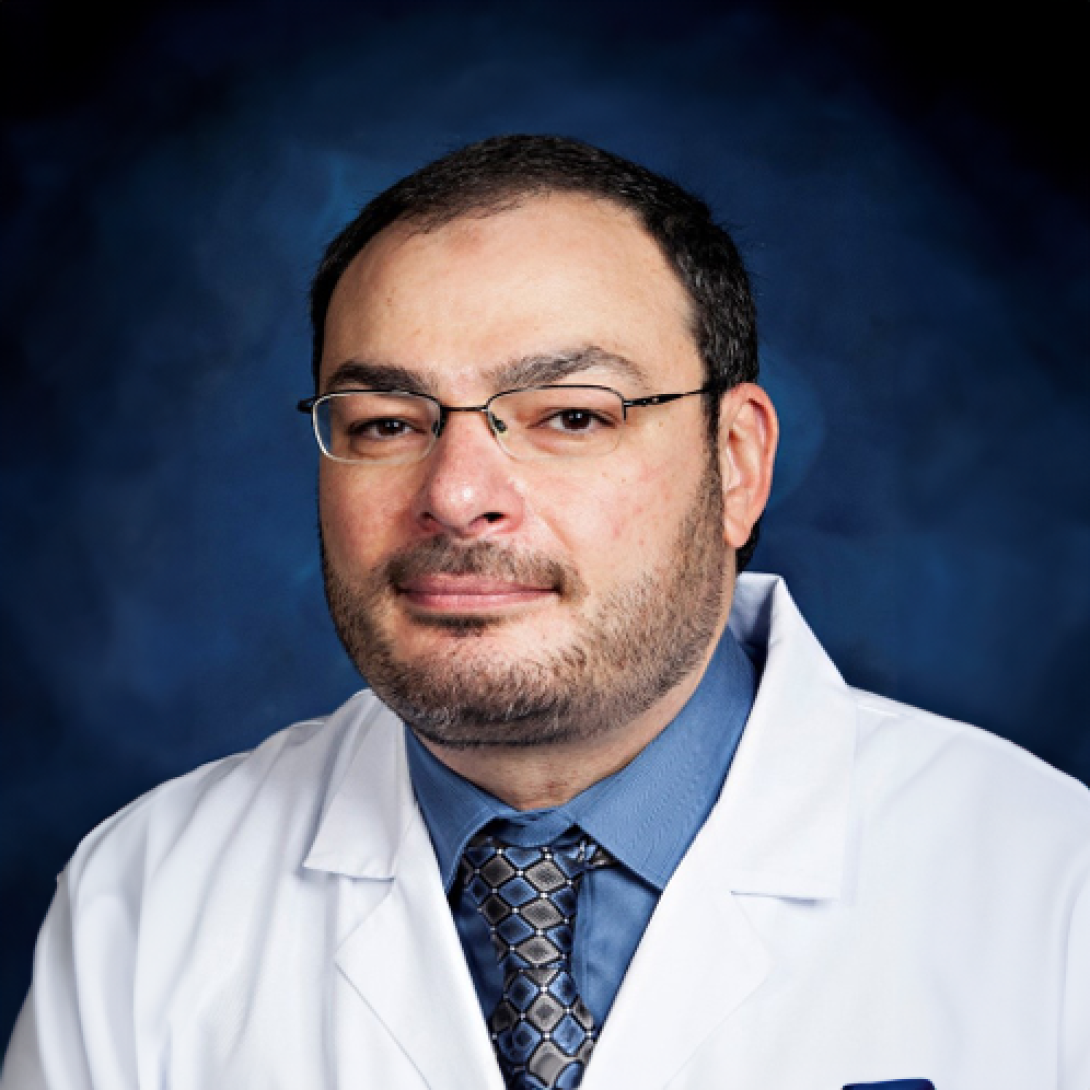We employ innovative comparative biology models to investigate the intricate interactions between cells, with the ultimate goal of enhancing cardiac functional recovery following a heart attack.

Professor of Medicine, Division of Cardiovascular Medicine
Michigan Medicine and Ann Arbor VA Healthcare System

Please visit the Frankel Cardiovascular Center website for patient information and to make an appointment.
Heart failure affects around 23 million people worldwide each year; however, there are currently no curative treatments. The most common cause of heart failure is heart attack, during which an adult heart can lose up to one billion cardiomyocytes. Unlike many other organs in the body, the adult heart cannot regenerate itself and lost cardiomyocytes cannot be replaced. This leads to weakness of the heart muscle, scar formation, and eventually patient death.
Following a heart attack, the body's immune system initiates a reparative process to restore the damaged heart muscle. However, if this response persists for an extended period, it can exacerbate heart damage. The precise mechanisms governing the activation and regulation of this immune response remain unclear. Intriguingly, there exists a close association between the immune response and the regenerative capacity of the heart. In contrast to higher organisms, more primitive organisms and mammalian neonates possess a remarkable ability to regenerate their heart tissue, which has been attributed to their comparatively rudimentary (immature) immune response to tissue injury.
In our laboratory, we employ innovative comparative biology models to further investigate the intricate interactions between immune cells, mature cardiac cells, and stem cells, with the ultimate goal of enhancing cardiac functional recovery following a heart attack.